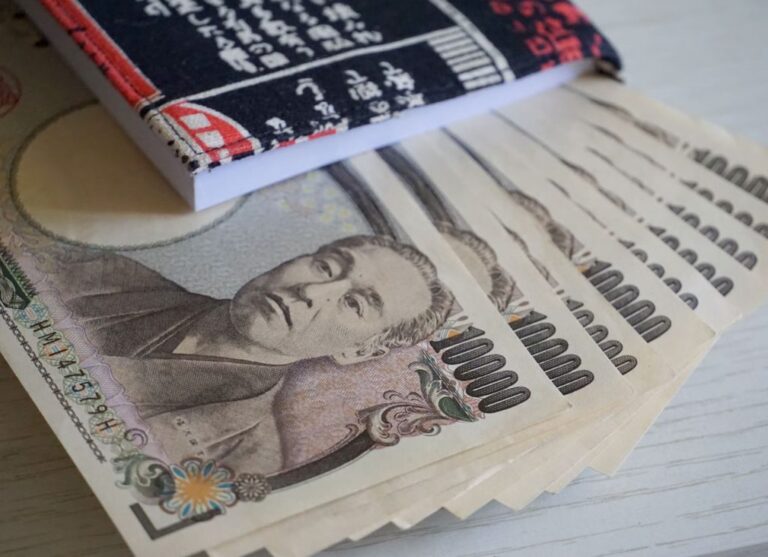
Morning Brief – No small issue
Buyers of Rand have enjoyed the sell-off in the South African currency so far this year. Sellers on the other hand have displayed concern throughout the market as the South African economy embarks upon quite the first quarter of the decade. This shift in sentiment has been responsible for the change in price so far this year with the Rand yesterday trading at the cheapest level so far this year against both the Pound and US Dollar yesterday afternoon. The problem you might rightly suspect begins with Eskom, but it doesn’t end with the state-owner utility company.
The sell-off in the Rand in the past week or so is most likely the effect of position adjustment as we move towards the draft Eskom solution this week, budget speech next month (26th February), and Moody’s credit rating in the first week of March. Last week we learned the likely cost of load shedding in 2019. Estimated by the Council for Scientific and Industrial research at as high as R118 billion last year, the lights were switched off for a cumulative planned 530 hours in 2019. If that figure is correct it means that the single issue created by the failure of the state utility and its management is alone responsible for a puncture approximately 2.5% of the size of the entire economy. The cost per capita of Eskom’s failings last year alone therefore is over two thousand Rand. And what did each citizen get for their R2,000 bill? Less than nothing! Growth forecasts for South Africa are weak and if load shedding were to take place at a rate akin to 2015 this year, they could well turn negative plunging the economy into its second recession since 2018.
In accordance with President Cyril Ramaphosa’s announcement last year, we had expected Eskom’s CEO Andre de Ruyter to announce his plan to split up the energy provider into three separate legal entities each responsible for generation, transmission and distribution respectively. On Sunday, he cautioned against rushing the division of responsibilities announcing his concern that a sudden separation could provoke lenders to constrain credit and cash even faster. The market sensed division between political and executive leadership in South Africa and, fearing another potential delay to the emergence of a holistic plan, sold the domestic currency.
Finance Minister Tito Mboweni will deliver his budget speech to the nation with the world watching in one months’ time. The cash allocated and commitments made to the provider responsible for 90% of South Africa’s energy provision will set the stage for Moody’s ratings agency to decide once again if domestic debt is worthy of an ‘investment grade’ stamp or should be classed rather fondly as ‘junk’.
Discussion and Analysis by Charles Porter

Click Here to Subscribe to the SGM-FX Newsletter
Related Insights

Morning Brief – Japanese Yen
Japanese Yen With JPY at a new 34 year low versus EUR, the market is set for an ambush by the Bank of Japan if it acts today at the end of their Policy Meeting to support the Yen. The reason that the market is susceptible is because it has convinced itself that the BoJ […]

Morning Brief – Coalition
Coalition This briefing is about South Africa and the Rand, which frequently proves to be one of the more divisive subjects within our roster of currencies. In particular, with the election looming, this will be about South African governance. Not from a political or human perspective about what may be the best long term outcome […]

Morning Brief – US Tariffs on Chinese Imports
US Tariffs on Chinese Imports Recently we wrote about how Mexico has become the Number One trade partner for the USA. It now transpires that Mexico may have had what is known as a little assist with their numbers: the statistics for the number of 20 foot shipping containers for the first three Quarters of […]



 Humphrey Percy
Humphrey Percy Charles Porter
Charles Porter